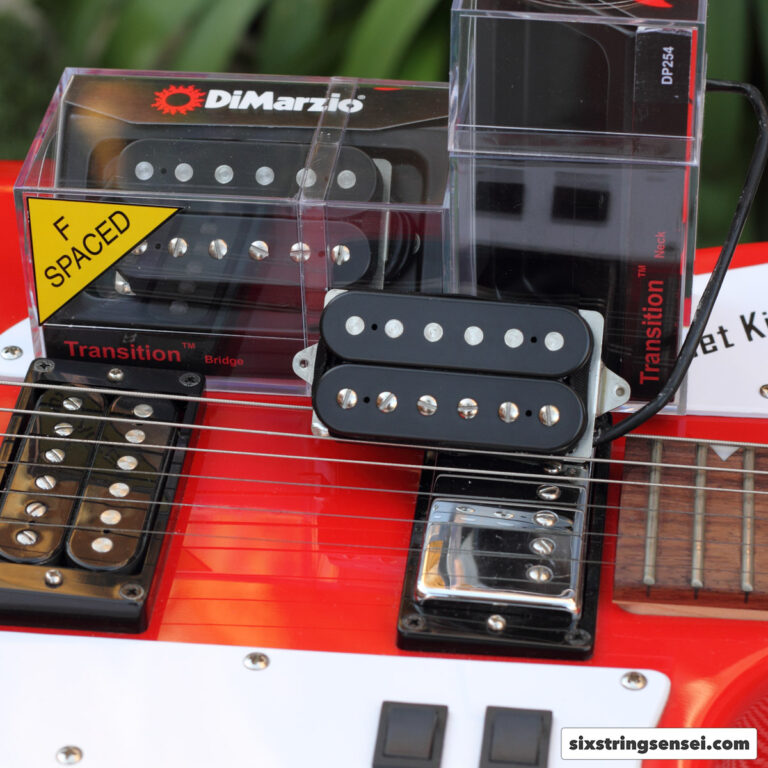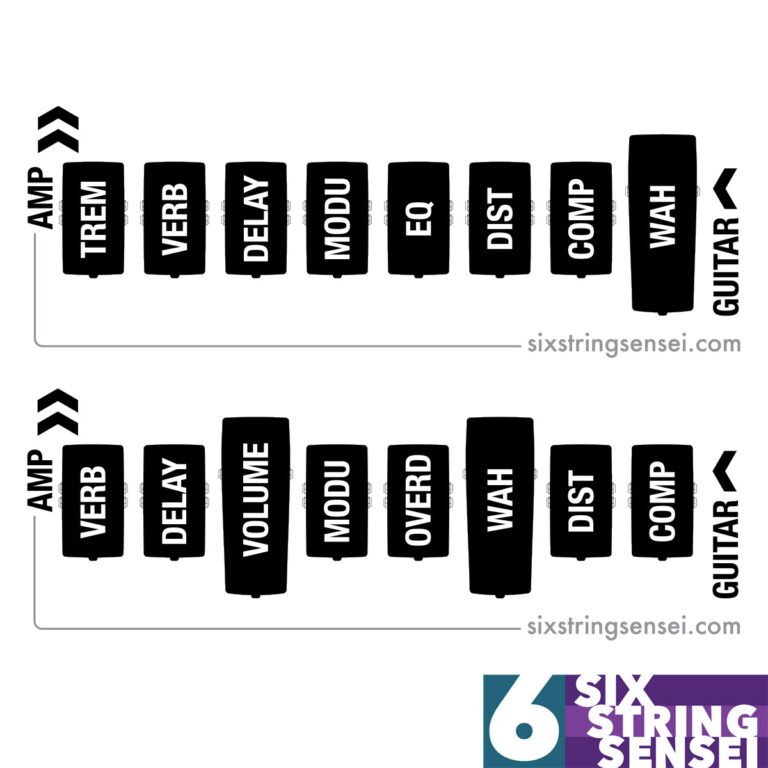Become a Great All Around Guitar Player – Part 1
How many times have you met a player that plays awesome metal guitar but falls apart when you ask them to play some funk? Or how about a player that can play great lead lines but turns into a heap of crap as soon as you present him with some latin or jazz rhythms?

The fact of the matter is, for most people it’s very easy to fall into a rut of practicing the same thing over and over again while forgetting about the other aspects of playing guitar. Obviously, you’ll want to put more time into practicing the genre of music you like, or the style of playing you prefer but you should never forget the key to becoming a great guitar player is becoming great all-around player.
Being first a drummer, (yes, I play drums too.) I’ve had the experience of playing with many different guitarists. I remember I played with this guy years ago for a church festival in San Juan, Puerto Rico. The guy could play some cool latin rhythms, but being the punk/metal guy that I am, I ask him to play some heavy palm-muted riffs during one of our jams. I was surprised to find out the guy couldn’t even palm-mute properly let alone play a continuously chugging riff.
I also remember playing with this guy in Hawaii that is a very experienced acoustic guitarist. Well, I was a bit shocked to find out that since all he ever did was play acoustic songs by himself while singing, he couldn’t keep time properly. He sounded great alone in free time, but as soon as you added a drummer, things began to get a little tense.
Anyway, what I trying to say is this: Make sure that you don’t find yourself practicing the same thing over and over endlessly. Try new genres, learn a new scale and learn new songs in a different style than you are used to. You’ll be surprised on how much this will actually help your playing and the actual style you play.
Being a surfer, I have ridden shortboards for most of my life. I decided to learn to longboard recently. Well, all I can say is that I’m shocked at how much the new style of surfing I’m learning is helping me improve in my actual style.
Ok, before I start getting redundant, let me go over a few points. Before you can start going out of your way to practice what you do not know, you clearly need need to understand what these things are. Let me give you an example:
There is an organization called RGT (Registry of Guitar Tutors) based in the UK. The registry is linked to the London College of Music Examinations. This organization has established a few points to identify guitarists’ abilities by grade. More or less like school. Now I’m not going to get into full detail of what each of the grades encompass, but I’ll give you an idea of the point you need to keep in mind.
If you’re a beginner, make sure you start off by learning the basic chords. These are the 10 chords found on my essential chords lesson here. As soon as you learn these you can start playing a few songs. But it shouldn’t stop there. The fact is that learning at least five scales is part of grade 1. I know many guitarists who have been playing for years and only know the pentatonic scale. In reality, learning the basic major and minor scales, the major and minor pentatonics, and the blues scale is not hard at all. With a little time everyday you can easily learn them. These scales have a number of different positions for each and they can be transferred to any key. But that is beside the point. You do not want to overwhelm yourself. So, only attempt to learn the basic first position of each first. That should even be enough to get you started soloing. Then, as time goes on you’ll eventually move on to learn the other positions of these scales until you are able to tie them together and see how each one relates to the other.
Below I’m going to break down the guitar skills into the main points that sum up a well-rounded player. These points will never be equal since you’ll will always be somewhat better at one thing than you are at another, but the goal is to try and keep them as close to each other as possible. You should keep this in mind and practice in a way that you dedicate some time to each of these points. You will notice that as your skill increases you will grow in a well balanced, all around fashion. Here are the points:
- Rhythm
- Lead
- Fretboard Memory
- Chord Knowledge
- Scale Knowledge
- Basic Theory
- Accuracy
All of these points encompass an entire array of techniques as well. For example: Legato, improvisation, sweeping, etc., etc. But, for me they are the basics as far a being an all around good player goes.
In the next part of this lesson, I will go into more detail about what you need to learn to go from one level (or grade) to another. Each of the levels will clearly increase in difficulty, but if taken one step at a time and in order, you will notice that the skills you’ve gained from the previous level will make the next level just as easy as learning the first. It’s just a matter of putting in the time and practicing properly.


